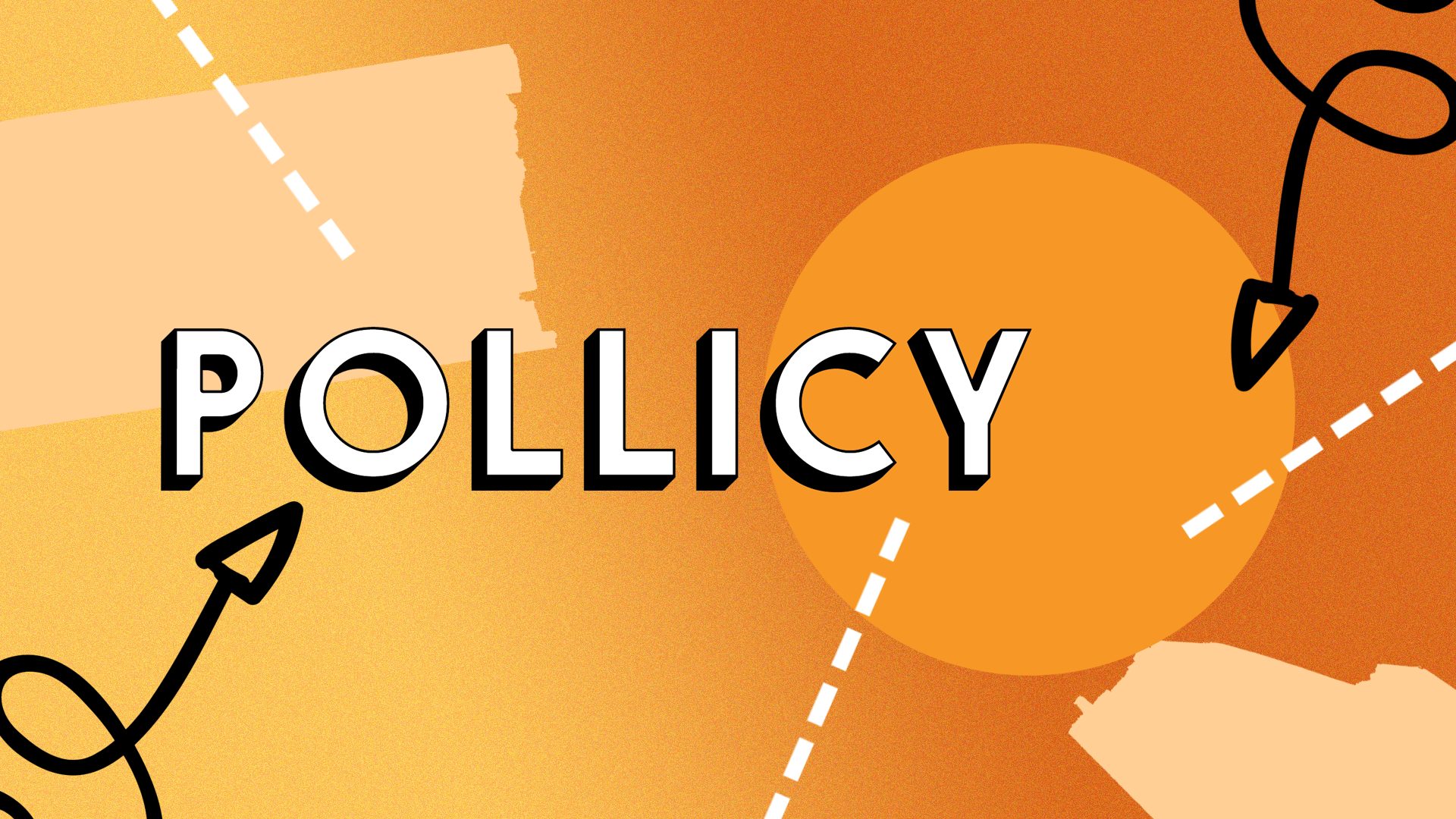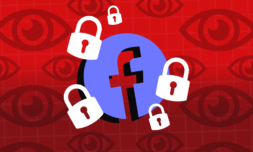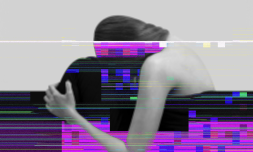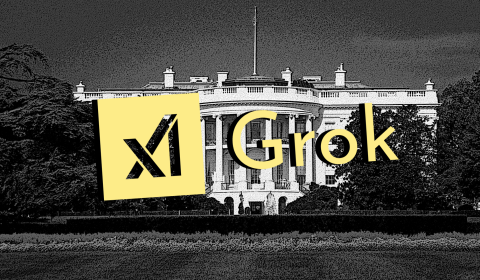A Ugandan tech company called Pollicy has created an interactive game to help women across Africa become digitally literate and clued up on digital safety.
The digital game, Digital Safe-tea, provides women with digital safety training by allowing them to confront online violence scenarios as three different personas: Goitse, Aisha, and Dami.
After choosing your player and language (Swahili, English, French, and Luganda), users follow the lives of one of the players as they confront issues such as revenge porn, doxing, scams, cyber-bullying, and phishing.
The game allows players to choose their own journey, providing information and resources about online safety.
As Goitse, for example, users encounter online harassment and are lead through a step-by-step guide on how to update their privacy settings and report users on Twitter, Facebook, and WhatsApp.
After months of development, we're proud to share that our interactive fiction game
Digital SafeTea
is finally ready for use
You play the game through this link
https://t.co/fOK0SiFVK4 #DigitalSafeTea pic.twitter.com/UqluRxmACQ
— Pollicy (@PollicyOrg) July 19, 2021





















